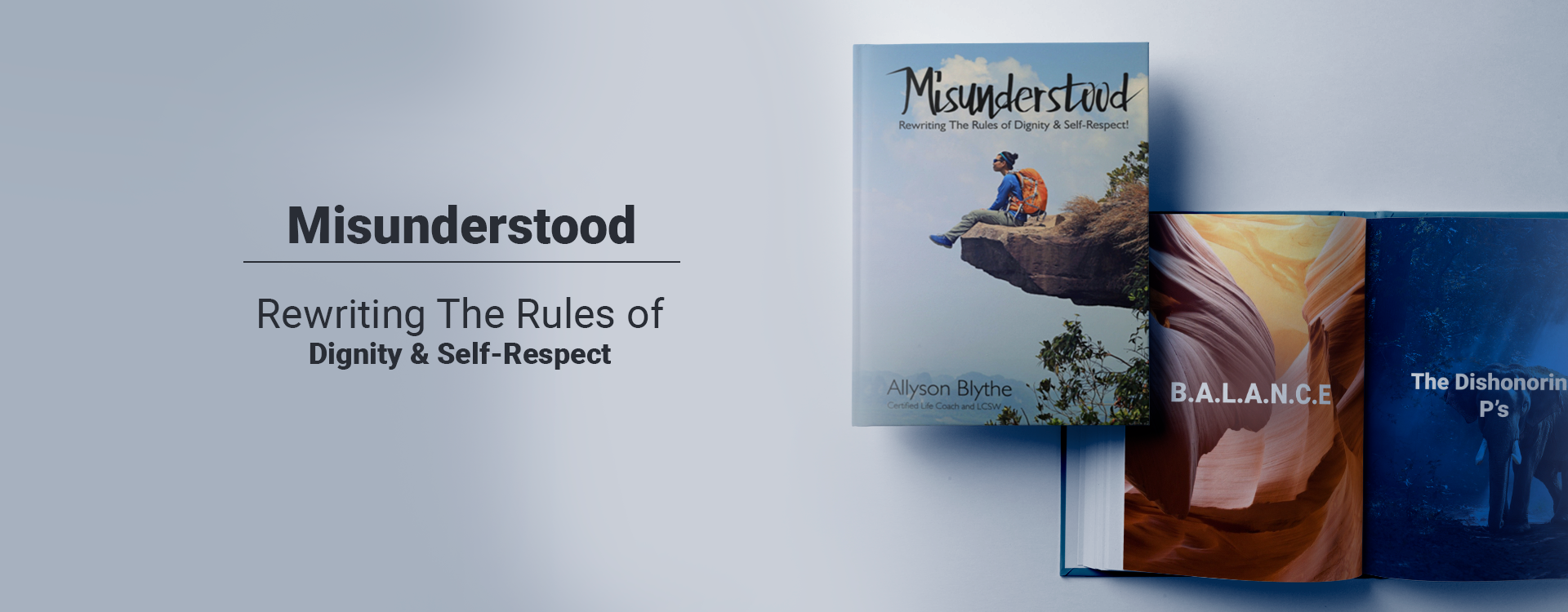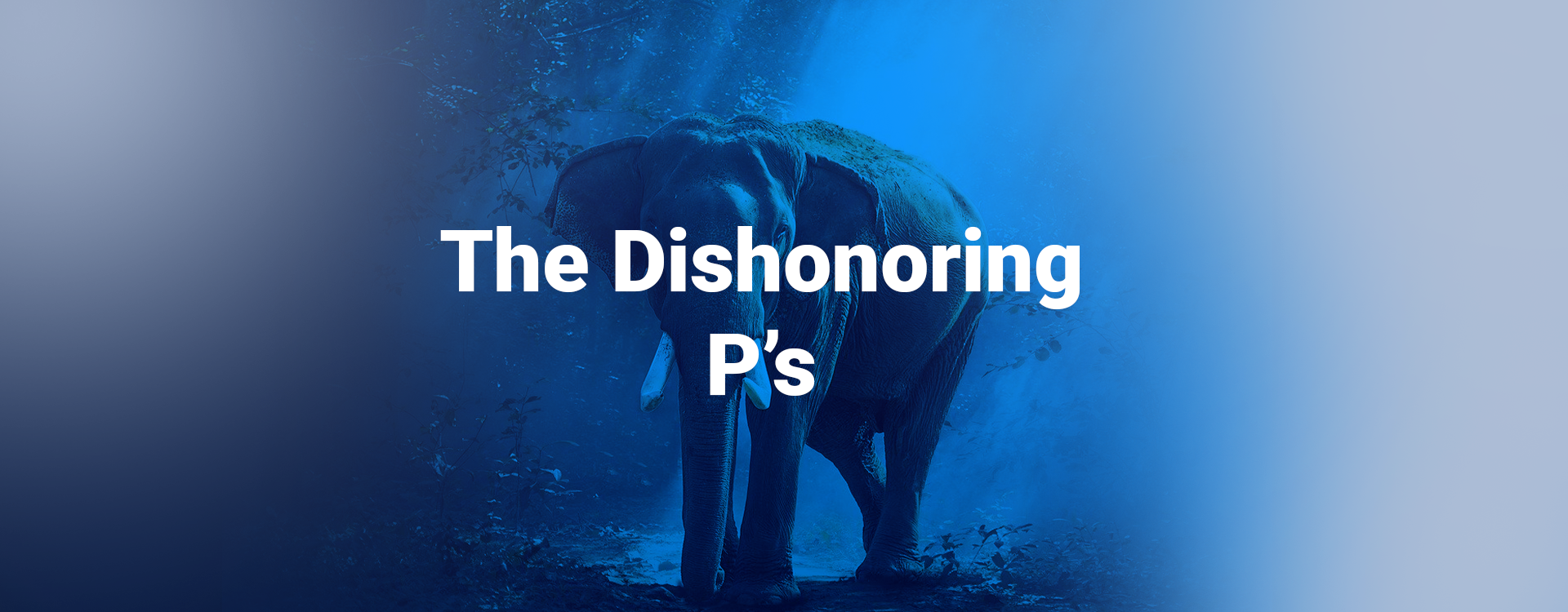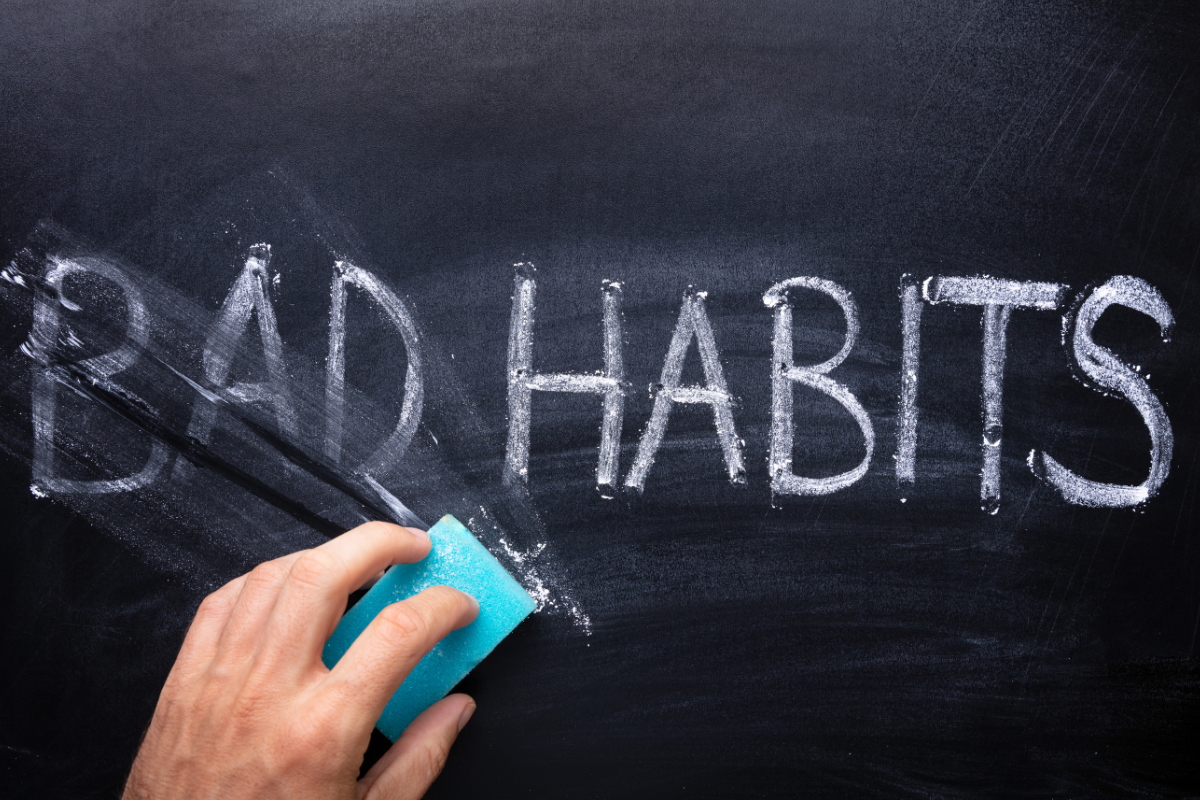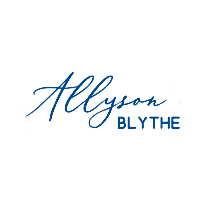
Typically, these are experiences at an early age, long before logic, reason, wisdom, and perspective can provide any type of counterbalance or alternative conclusion. More often than not, a point of impact is subtle, abstract, and obscure, yet so impactful that they shape, alter, and define you.
I wrote about several of these points of impact in “Misunderstood – Rewriting The Rules of Dignity and Self-Respect”.
I shared about being called a show-off at a very tender age and determining that it was shameful to draw attention to myself and there was something wrong with me for being playful and free. I also shard about being ridiculed by a peer for making a gesture, the exact same gesture he had just done. Somehow his was really cool and mine was an epic failure that made me feel ridiculous and embarrassed. My determination from that one – something is really wrong with me and I have to work harder to fit in and get others to like me. Though we all have moments such as these, being an empath left me and my tender heart wide open for many of these types of experiences through out my life.
Sarah has been my client for several months now and has shared some of her defining moments.
he was born with a heart condition that required multiple surgeries, starting as early as 2-weeks-old and continuing to the age of 37. She was often in the hospital for days, if not weeks at a time and required extensive care in her recovery and day to day life. Her mother, married to an active alcoholic, would often refer to Sarah and her care as a burden and a hassle, frequently sharing about her troubles and overwhelm to anyone and everyone who would listen. Sarah learned early on life that she was too much trouble and a burden on others, often struggling to be authentic and vulnerable in relationships. Sarah made it a point not to want or need anything for people and always focus on what they wanted or needed. She couldn’t take the risk of having her own needs or showing up fully in relationships, believing that doing so would cause others to be overwhelmed and troubled.
My friend Rachel is the oldest of three children. Her mother was a single and worked to support her children and would refer to Rachel as “the good one”. Time and time again her mom would praise and acknowledge her by saying things like “I can always count on you.” “You are just so good and reliable.” “I don’t know what I would ever do without you.” Rachel learned to be good, extra good so as not to bother, inconvenience, or trouble anyone. Her entire life was designed to make sure she was of assistance to others, supportive, and helpful. As she aged, she resented the efforts she made at making others happy and at ease while she was exhausted, depleted, and living a life that was not her own.
Moments such as these, abusive? Of course not.
Traumatic? Not overtly. Intended for harm? Certainly doesn’t seem so. It’s called life. It’s called reality. It’s called parents likely doing the best they can with horrible circumstances. Yet, messages such as these imprint a little heart, mind, and soul with profound ways that shape and define who you think you are and who you think you need to be.
What are your points of impact? What were the things you learned early in life of how you are to behave? What was it that won you attention and approval? What conclusions did you draw about who you are and how to relate in the world?
Have you ever stopped to think about these? You may have overlooked them because they are so minute and obscure. Maybe you’ve misunderstood all these years or been unable to acknowledge their influence on you. It wouldn’t be uncommon to apply adult perspective and wisdom to a childhood event, minimizing or rationalizing the occurrence and the original message it planted. Such a disservice really because it diminishes your perspective and the ways it has influenced you.
This is not about blame. This is not a free ticket to a ‘woe is me’ festival. It is about understanding. It’s about putting life’s pieces together, like a puzzle, piece by piece in order to see the big picture. It’s the ability to understand and assess whether you want to continue in these beliefs, behaviors, and roles.
As an adult, you get to decide what works for you and what doesn’t. This is a great opportunity to use those S.O.S. tools I refer to in “Misunderstood” – Self-Awareness, Self-Referencing, and Self-Responsibility. These tools will allow you recognize and define for yourself what you is in your best interest. That inner script deserves your attention and perhaps even a re-write!
Let me know how it goes!







